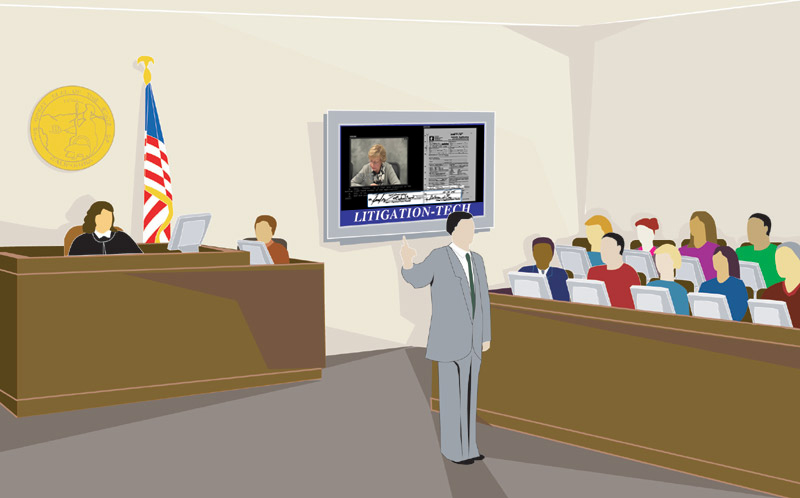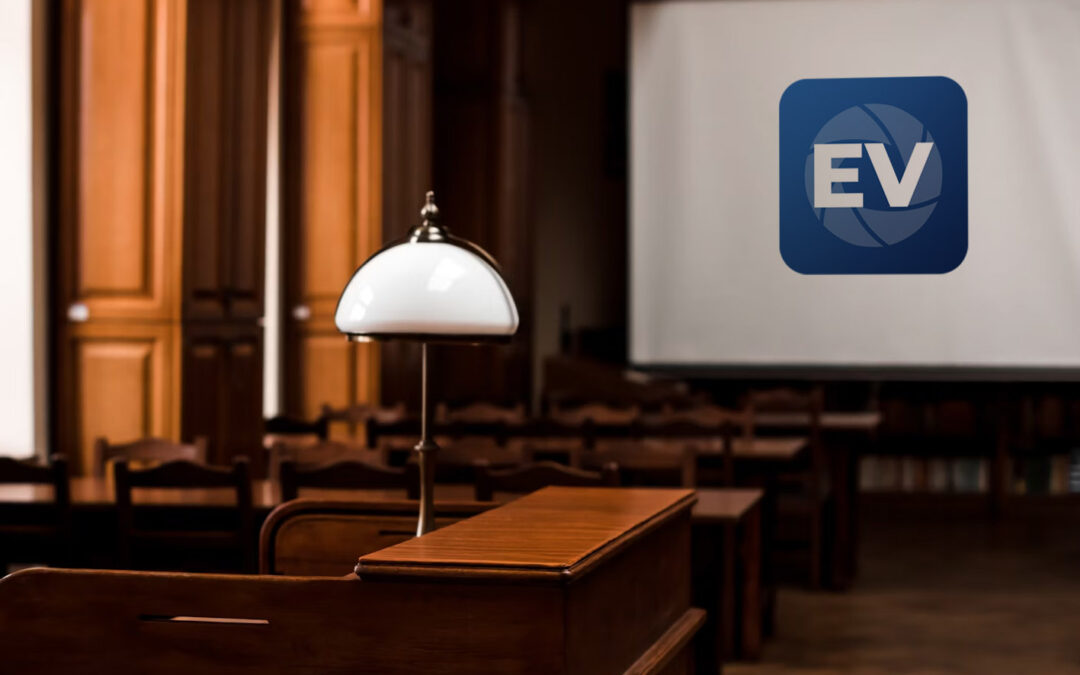Modern trial presentations improve courtroom communication.
Modern trial presentations improve courtroom communication.
Blog Article
Just How Test Presentations Enhance Your Disagreement and Convince Jurors
Test presentations offer as an essential mechanism for boosting legal debates and convincing jurors. The strategic usage of visuals not only makes clear complicated details yet also records jurors' interest more properly than words alone.

Relevance of Aesthetic Aids
Visual aids play an important function in improving the effectiveness of test presentations, as they can significantly raise target market interaction and retention of information. In the context of a trial, where jurors are entrusted with handling complicated information, visual help offer to simplify and clarify bottom lines. Graphes, charts, and pictures can communicate data and principles that may otherwise overwhelm or confuse jurors, permitting for an extra simple understanding of the proof offered.
Furthermore, aesthetic aids assist in keeping juror interest throughout the proceedings. By damaging the monotony of spoken testimony, these devices can stress crucial debates, making them much more remarkable. Efficient aesthetic aids can likewise evoke psychological reactions, which can be pivotal in convincing jurors to align with the speaker's story.

Crafting Engaging Narratives
An engaging story is important in test presentations, as it functions as the foundation of effective persuasion. It enables lawyers to weave with each other facts, evidence, and psychological elements into a systematic story that resonates with jurors. This narrative structure makes it possible for jurors to understand the complexities of the situation while leading them through the attorney's debate.
To craft a compelling narrative, lawyers need to concentrate on clarity and coherence. Furthermore, the use of dazzling summaries can create mental pictures that help jurors picture the occasions, making the narrative a lot more unforgettable.
Moreover, incorporating essential themes throughout the presentation reinforces the core message and help in retention - trial presentations. The story ought to not just convey details yet also stimulate a sense of justice, highlighting the risks involved. Ultimately, a well-constructed narrative promotes a connection between the jurors and the instance, placing the lawyer's disagreement as both qualified and engaging, consequently enhancing the probability of a positive decision

Engaging the Jury Psychologically
Effective jury interaction depends upon the attorney's ability to get in touch with jurors on a psychological degree. This connection can significantly influence jurors' understandings and their ultimate decision-making. Using sob stories allows attorneys to humanize the instance, transforming abstract lawful concepts right into relatable experiences. By presenting real-life stories or endorsements, lawyers can evoke compassion and compassion, promoting a much deeper understanding of the issues at risk.
Visual aids, such as pictures or video clips, can even more boost psychological engagement, supplying jurors with vivid representations of the case's human elements. Crafting a narrative that highlights the struggles and accomplishments of the people involved Look At This guarantees that jurors see past the legal disagreements and identify the human consequences of their decisions.
A lawyer's passionate shipment can resonate with jurors, reinforcing their emotional financial investment in the instance. It's crucial to stabilize emotional charms with factual evidence, guaranteeing that jurors feel compelled to act while continuing to be based in the reality.
Structuring Your Presentation

The body of the discussion must be realistically segmented right into bottom lines, each sustained by compelling evidence. It is valuable to utilize storytelling strategies to weave truths into a story that jurors can conveniently comply with. Visual help, such as charts and video clips, can enhance understanding and interaction, aiding to highlight essential pieces of proof.
Real-World Study
Checking out real-world situation studies gives very useful insights right into the art of trial presentations and persuasion. The landmark instance of "O.J. Simpson v. The People of The golden state" illustrates just how visual aids and engaging narratives can guide jury understandings. The defense team properly employed a method that incorporated prominent specialist testimonies with multimedia presentations, which astounded jurors and ultimately influenced their choice.
An additional notable example is the "McDonald's Coffee Situation," where the plaintiff's attorneys used visuals photos of the injuries sustained by Stella Liebeck. trial presentations. This stark visual evidence played an important function in sharing the extent of her burns, leading to a considerable court honor. Such situations show that impactful test discussions usually depend upon the effective integration of visuals and storytelling to evoke emotional reactions from jurors
Additionally, the "Casey Anthony Trial" highlighted the value of narrative comprehensibility and integrity. The prosecution's failing to develop a compelling timeline decreased their convincing power, highlighting the need of a well-structured discussion. Assessing these instances exposes that effective test presentations need tactical planning, emotional interaction, and the ability to get redirected here reverberate with jurors' worths and beliefs.
Conclusion
Test discussions substantially enhance arguments and encourage jurors via the calculated use of visual help, engaging narratives, and emotional involvement. By streamlining complicated information and cultivating connections with the target market, these components produce a memorable and impactful experience. A well-structured discussion balances psychological charms with factual proof, eventually resonating with jurors' worths. The integration of these methods not only affects decision-making but additionally underscores the relevance of efficient communication in the court room.
Report this page